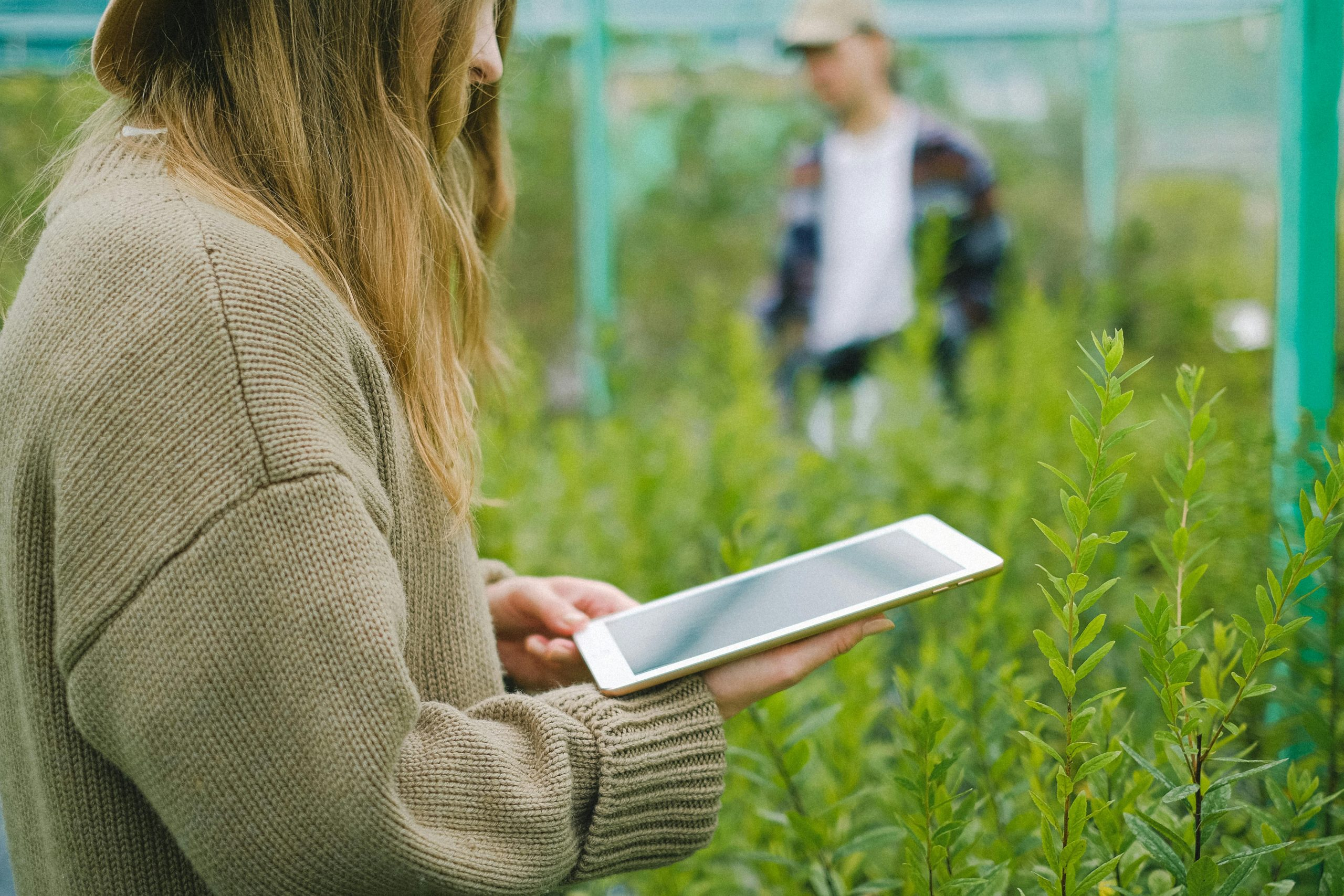Devices that are IOT can be used for farming
Farming has always been a vital part of our society, providing us with food, resources, and livelihoods. With the continuous advancements in technology, farming has also evolved into a more efficient and sustainable industry. One of the emerging technologies revolutionizing the farming sector is the Internet of Things (IOT) devices. These devices are transforming traditional farming methods into a smart and data-driven approach. In this article, we will explore how devices that are IOT can be used for farming, and the immense benefits they provide to modern agriculture.
The Concept of IOT in Farming
The Internet of Things (IOT) refers to the interconnection of physical objects or “things” that are embedded with sensors, software, and other technologies to collect and share data over the internet. In farming, IOT devices are utilized to monitor and manage various aspects of agricultural operations such as soil moisture, temperature, weather conditions, and livestock health. These devices gather real-time data, which is then analyzed to make informed and data-driven decisions. This allows farmers to optimize their resources, increase productivity, and reduce costs.
IOT Devices Used in Farming
1. Smart Sensors
Smart sensors are inarguably the backbone of IOT devices used in farming. These sensors are designed to collect data from the environment, such as soil moisture, nutrient levels, and weather conditions. They are embedded in the field or on the equipment to provide real-time insights, allowing farmers to make timely decisions. With the help of smart sensors, farmers can monitor crop growth, detect any issues, and apply appropriate remedies, resulting in healthier plants and higher yields.
2. Drones
Drones have made a significant impact on modern farming practices, and their use has been further enhanced with the integration of IOT devices. These unmanned aerial vehicles are equipped with sensors, cameras, and other data-gathering tools, providing farmers with a bird’s eye view of their fields. This allows them to observe crop progress, identify areas of concern, and take corrective actions. Drones can cover large areas quickly and efficiently, making them a valuable asset in precision agriculture and resource optimization.
3. Livestock Monitoring Systems
IOT devices are also utilized for monitoring the health and well-being of livestock. These devices are attached to animals and can track their movements, vital signs, and other health indicators. Farmers can use this data to keep track of their livestock’s health and behavior, identify any potential issues, and take prompt actions to ensure animal welfare. This technology has not only improved animal health but also helped farmers in saving costs by efficiently managing resources.
The Benefits of IOT Devices in Farming
1. Improved Efficiency and Productivity
The use of IOT devices in farming has significantly improved efficiency and productivity. With real-time data and insights, farmers can make informed decisions and optimize their resources. This has not only reduced the manual labor required but also minimized the risk of human error, resulting in increased productivity and profitability.
2. Better Resource Management
IOT devices have enabled farmers to monitor and manage their resources effectively. The data collected from these devices can help farmers in making precise and targeted decisions, such as applying the right amount of water, fertilizer, or pesticides. This has not only reduced the wastage of resources but also helped in conserving the environment.
3. Cost Savings
By utilizing IOT devices, farmers can significantly reduce their costs. With precision agriculture, farmers no longer have to rely on blanket treatments or manual labor for their crops. This has resulted in less wastage of resources, reduced labor costs, and improved overall profitability.
Final Thoughts
The implementation of IOT devices in the farming sector has brought about a significant transformation in the traditional farming methods. With real-time data and insights, farmers can make informed and data-driven decisions, resulting in improved efficiency, productivity, and cost savings. Moreover, the use of IOT devices promotes sustainable farming practices, reducing the industry’s impact on the environment. As technology continues to advance, we can expect further innovations and enhancements in IOT devices, revolutionizing the farming industry and ensuring a more sustainable future.








